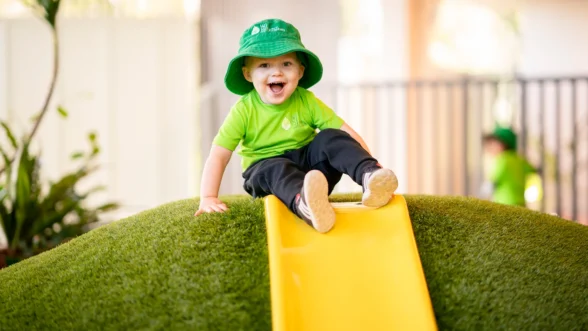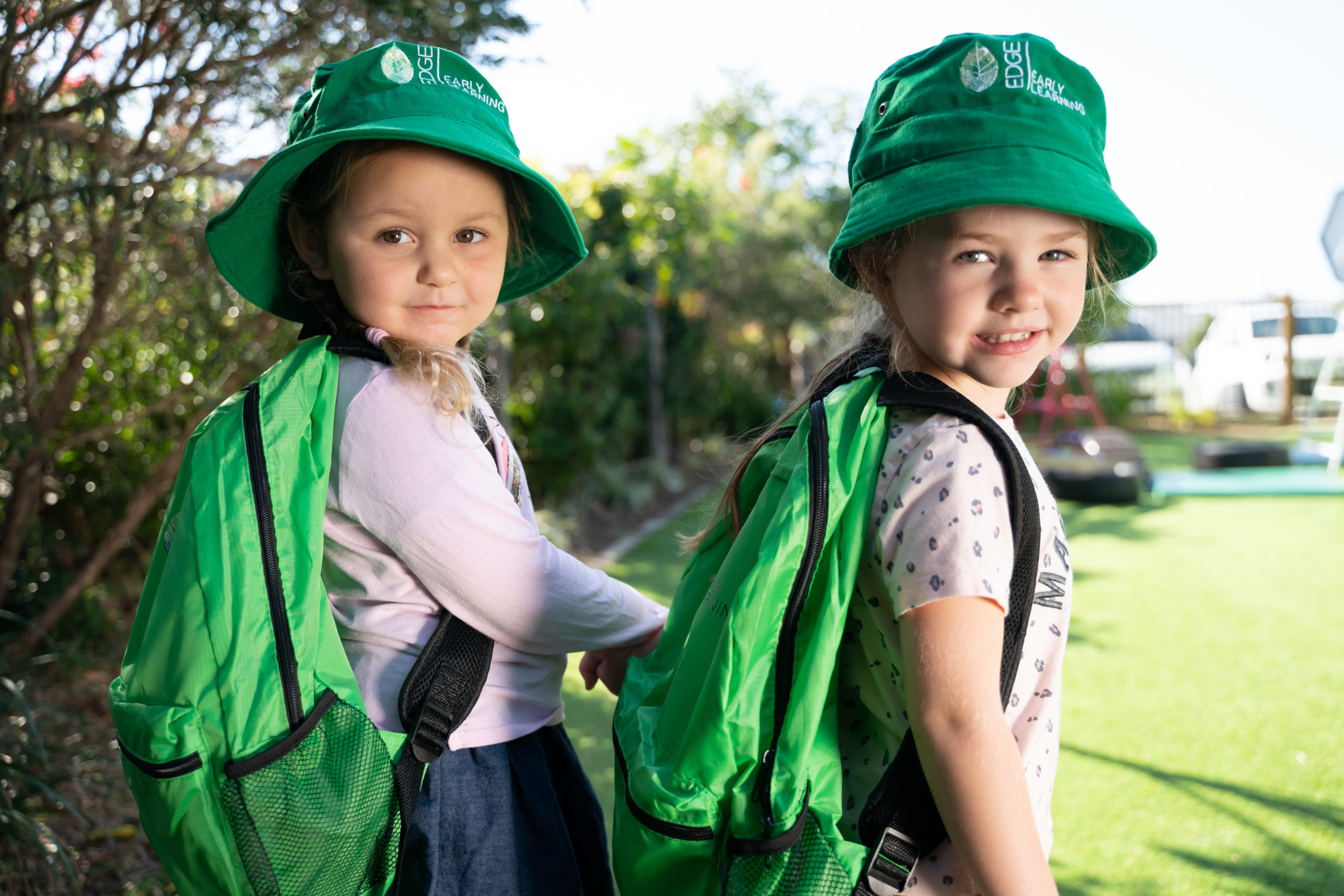The transition from kindergarten or childcare into ‘big kid’ school and being school-ready can be a challenging one – if not for our children, then for us as parents. We chatted with Steph and Claire from Gateway Therapies about some ways you can prepare your child (and yourself) for their first year of school. It’s never too early to start.
A new uniform, shiny shoes and a way-too-big-but-they’ll-grow-into-it backpack aren’t the only things your child will need when they start school. With new teachers, peers and expectations, it’s important that your child feels prepared for their first year of school – and that you feel certain you’ve given them the tools they’ll need to take on that big, new world.
The biggest shock to the system for a first-time school student is largely the routine – arriving at a certain time, eating at a certain time, playing at a certain time and heading home at a certain time can be a foreign concept for children who have only really spent time at home with their family.
“It’s very important that you have routine and structure in your home environment, as this will allow your child to transition into the schooling life,” says Gateway Therapies Occupational Therapist, Steph Holgate. “I also always recommend that kids are put into kindergarten or childcare before they go to school – this where they will have set routines, be introduced to group activities and have set eating times.”
At Edge Early Learning, we introduce your child to the concept of routine with set eating and sleeping times. When they arrive each day, they’re met by the familiar faces of their friends and peers, so there is an element of consistency that becomes embedded into their day. But there are certain things you can do at home, Steph says, to help your children adjust to the routine of school life even more.
“Getting involved in extracurricular activities or playgroups will really allow them to start to develop those important social skills,” says Steph. “It’s important for children to learn how to build a meaningful connection or friendship, learn how to ask for help, initiate conversations and understand what appropriate behaviour towards another child or person is.”
Whether it’s outdoors or indoors, Edge’s play-based approach to learning means children really enjoy the activities they try – learning physical literacy skills is made fun by throwing and catching balls, and new friendships are forged whilst children also develop the “general play skills” that Steph explains are so important.
“Ensuring your child is able to jump, run, catch balls and have good hand-eye coordination is very important as it allows them to engage in the playground and, later on, in PE class,” says Steph.
Interest-based activities encourage connection amongst children, as well as with our educators. The activities that entertain children throughout their day at Edge are completely guided by what they would like to do. If they would like to hear a story, they know that they can ask one of our educators to read one of the many books in their room to them – and they will often be joined by a number of other children as well.
“Sometimes kids are reluctant to read, but if it becomes a fun activity it will help with their motivation,” says Gateway Therapies Speech and Language Pathologist, Claire. “Before prep, children are in their crucial years for early learning. Everything that they learn in these early years will have an impact on their lives, so I recommend reading with them as often as you can.”
Claire also suggests encouraging your children to trace words as you read them. This builds ‘print awareness’ which, Claire explains, is the understanding that there are shapes and letters that stand for certain words – a fantastic foundation for learning literacy later in life.
Engaging in drawing and colouring are other activities that can help your child to develop important skills for school – specifically, the fine motor skills they’ll need to know for tabletop tasks.
“It’s important that children have good fine motor strength and hand dexterity, which is the ability to manipulate objects within your hand,” says Steph. “Doing things like playing with play dough, hand warm-ups, opening containers or anything else that requires using fine motor muscle control is going to really help set up your child to be able to do certain tasks within school.”
It is for this reason that we emphasise both indoor activities like clay, colouring and arts and crafts, as well as outdoor activities like planting seeds in the garden. Regular practice at tasks like these, both at childcare and at home, can really help your children – and you – feel more confident when they start school.

